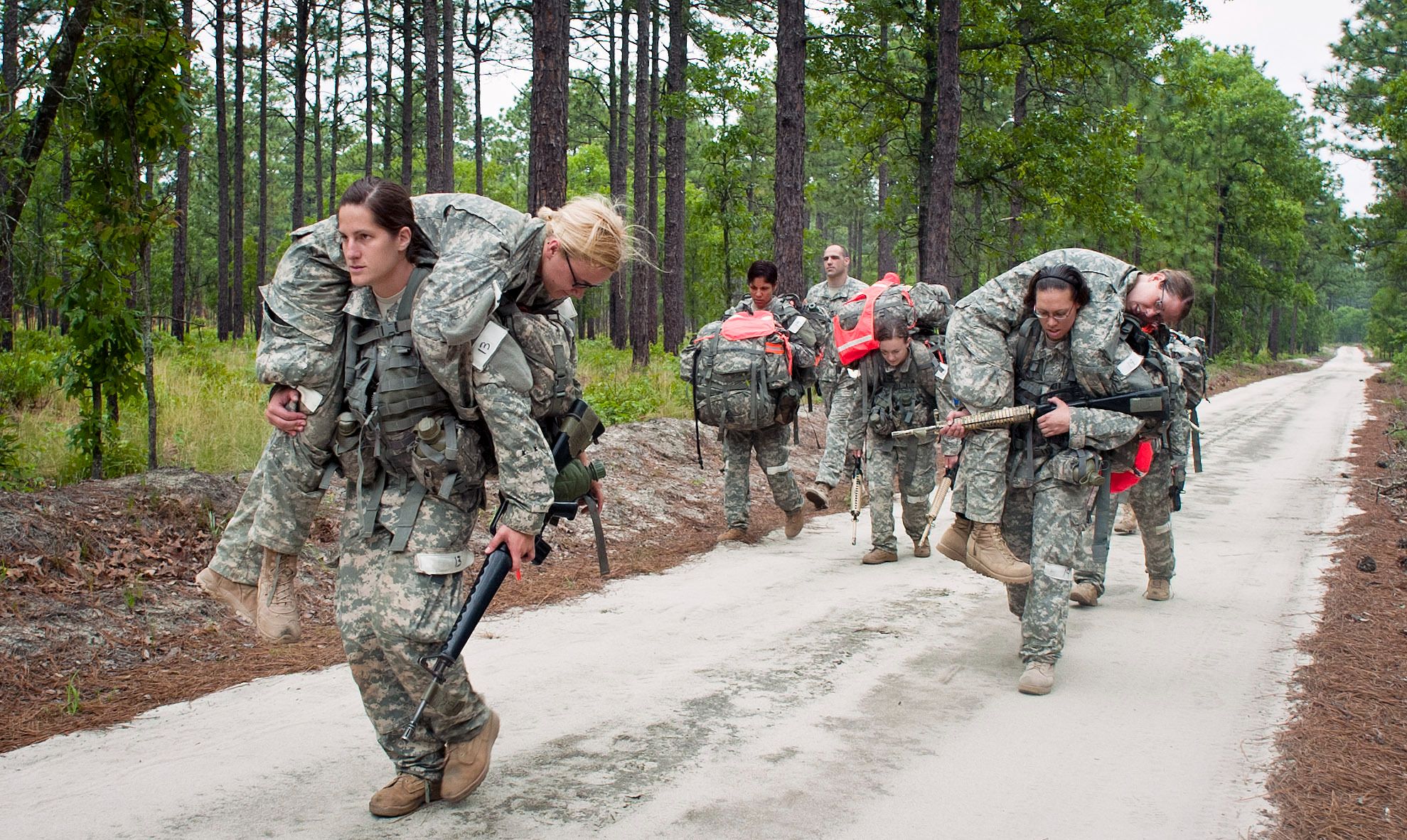A recent report reveals widespread sexism and harassment faced by female soldiers in male-dominated Army special operations units in the U.S. military, eight years after all combat roles were opened to women. The study, conducted by the U.S. Army Special Operations Command, surveyed over 5,000 personnel, revealing prevalent negative attitudes, particularly from senior noncommissioned officers. Female soldiers have reported issues ranging from sexism to inadequate equipment and childcare. The report emphasizes the need for systemic change and offers 42 recommendations.
Key Points:
- Widespread Sexism: The report showed a broad aversion to women serving in commando units, with many male soldiers expressing sexist comments, creating a challenging environment for female soldiers within special operations units.
- Comprehensive Study: Over 5,000 people assigned to Army special operations forces units were surveyed in this extensive report, including 837 female troops and 3,238 male troops. The report also identified issues such as isolation, inadequate equipment, and lack of proper healthcare for female soldiers.
- Recommendations and Changes Needed: A total of 42 recommendations were made to tackle these issues, including increased training, awareness of sexual harassment, and mentorship programs. Some changes have been implemented, while others are in progress, but the report stresses that gender bias is deeply embedded in the special operations force.
- Limited Progress Since Opening Roles to Women: Although all combat jobs were opened to women in 2015 and women have made significant strides throughout the military, the report underscores that significant biases remain, especially in the special operations forces.
- Sexual Harassment a Complex Issue: Nearly every woman in focus groups reported experiencing sexual harassment, but only 30% called it a challenge and very few were willing to report it. The report highlights the need to address this issue in a way that doesn’t lead to fear of interaction between male and female soldiers.






